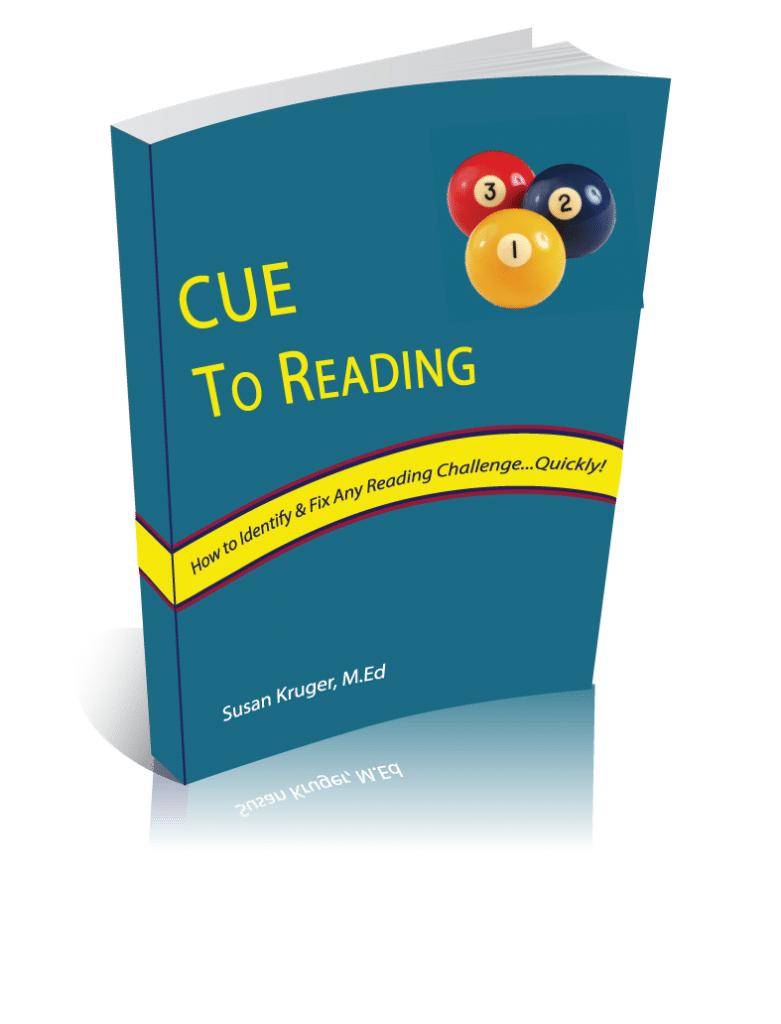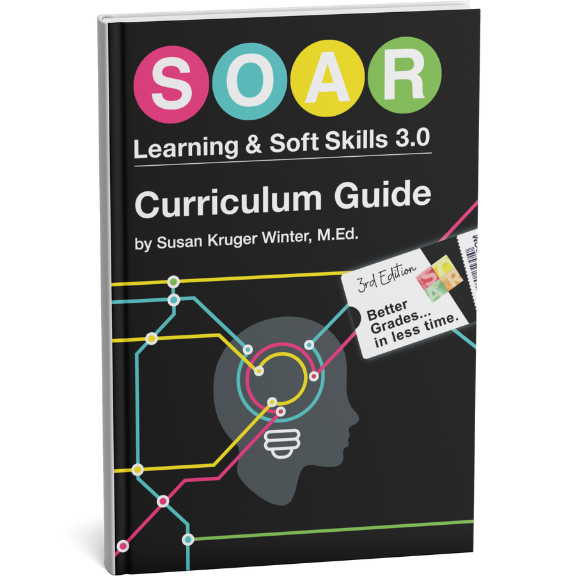Introduction to “The Cue to Reading” Series

My son, Mark, was diagnosed with dyslexia two weeks ago. As you may have read in previous articles, we had some struggles with his principal and reading teachers and had to pull him from a school that we otherwise loved (with a “main” classroom teacher that we adored and who adored Mark).
Mark started in a new school two months ago, at the beginning of the fourth quarter. It was a tough transition for all of us, but Mark has been nothing short of a stoic trooper. He’s growing rapidly and making great strides in the short time he’s been there. The move was clearly a good one!
However, I spent the better part of the school year feeling as if I was trapped in some type of invisible cage…begging, yelling, and screaming for someone to hear me. “Something is not right,” I told his pediatrician and explained my suspicions. That led to a rabbit trail nearly twelve months long, involving several specialists and countless tests, but few answers.
I am a certified reading specialist and humbly shared my concerns about a reading disability with Mark’s reading teachers. They turned their noses to me and, in my son’s words, were “mean” to him. I happened to be volunteering in the hallway one day and witnessed one of those interactions. I was stunned!
Mark’s principal said that I was the one holding him back. He leaned across the table, pointed his index finger in my face, and repeated himself, just to be sure his message was clear. “HIS MOTHER is the one holding him back!” he scolded.
I couldn’t make the stuff up; you wouldn’t believe me if I did! But, it is all true.
My husband and I were getting impatient! A full year was quickly vanishing. We had no answers and very few (if any) people who truly supported our concerns. “He just needs to try harder,” one of the reading teachers told me.
Most seven year-olds do not NOT try. Especially not Mark, who is an absolute “people-pleaser.” I was sure he was giving us all he had.
We needed more answers. My mom is a physician and recommended a nearby “Center for Human Development,” sponsored by a nationally recognized hospital. The center has a great reputation for doing very thorough evaluations, so we scheduled an appointment. We gulped at the hefty price tag, but it was our only option.
After several visits, the team of doctors and learning specialists diagnosed Mark with dyslexia and ADHD. (He had previously been diagnosed with ADHD.) We were given a thorough walk-through of his assessments and what could be learned from them. It was as close as I’ll ever come to walking through Mark’s brain and it was an interesting stroll! He’s amazingly smart, but he has his challenges. (Sound familiar?) The test results were so revealing. And vindicating!
They congratulated us for being so proactive. One doctor explained, “Most people –parents AND teachers- do not recognize a problem until children are much older. You clearly did your homework and you are on a great path!”
As she said those words, I began to cry tears of relief. My husband explained the “in-your-face” reprimand I had received from Mark’s previous principal and his accusations of “educational neglect” (which is considered “child abuse” in the court system). They were appalled!
Meanwhile, I felt like someone had come along and quietly unlocked the “cage.” Suddenly, I was no longer crazy. Now, when I “scream,” people HAVE to hear me…I have paperwork!
Two days after receiving this news, I shared the diagnosis with several colleagues during a meeting. Many of them knew various parts of the story and were all curious about our progress. As I began to elaborate, more tears fell. Several people were dabbing tears from their eyes in sympathy. One of them was Stephanie.
Stephanie sat across from me and said with strong conviction,
“Susan, I talk to parents ALL THE TIME who are dealing with various issues like you…autism, dyslexia, ADHD…you name it. They all share stories that are similar to your experience. But, I’ve never met a parent who is more equipped to handle this for her child AND help a lot of other families along the way. You’ve got work to do!”
She’s right!
So, I have decided to write a series of articles specifically focused on reading and reading disabilities. I anticipate some of the topics will include:
- How to identify problems when there is so much conflicting information.
- How to get help.
- Managing tough decisions as a parent. (How hard to push? Do I use medication? What are my other options?)
- Exploring some “best practices” for LD students that could improve education for ALL students.
- Examining the gifts that come with these challenges.
More than anything, however, I will be focusing on the stories and emotions that drive us as parents and teachers to get answers and look forward to learning from you if you have thoughts and experiences to share.
-Susan Kruger
EB 100417
Six Steps
Conquer the Chaos
Get Our Free Guide & Information on...
 How to Organize & Motivate Students for Success
How to Organize & Motivate Students for Success
"*" indicates required fields
Get Our FREE Curriculum Guide!
The SOAR® Curriculum
The most critical learning, organizing, and communication skills needed for school. Learn more here.
Who’s Using SOAR®?
SOAR® Guarantee
Click here to learn more.




